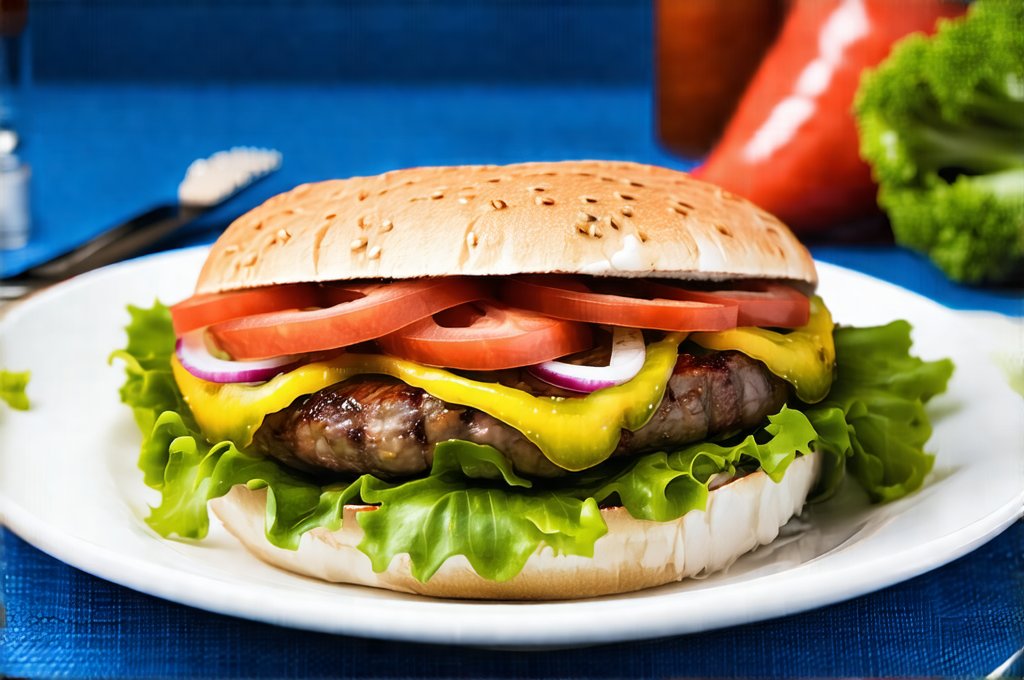The modern lifestyle often prioritizes convenience over consistent nourishment, leading many people to skip meals or significantly delay them. While seemingly harmless, these long gaps between eating can have surprisingly detrimental effects on digestive health, specifically contributing to excessive stomach acid production and irritation. This isn’t necessarily about having too much stomach acid overall; rather, it’s about the erratic spikes in acidity triggered by prolonged periods of emptiness followed by sudden food intake. Understanding this dynamic is crucial for anyone experiencing symptoms like heartburn, indigestion, bloating, or even more serious gastrointestinal discomfort. The body is a finely tuned machine, and disrupting its natural rhythms – including feeding schedules – can throw off delicate balances with unforeseen consequences. A key element to maintaining these rhythms involves understanding bathroom disruption.
The conventional wisdom often points to spicy foods or caffeine as the primary culprits behind acid reflux and digestive issues. While these can certainly play a role for some individuals, they are frequently symptomatic of a deeper issue: an irregular eating pattern. When the stomach remains empty for extended periods, it begins to prepare for starvation mode, ramping up acid production in anticipation of food arrival. This is an evolutionary adaptation designed to efficiently break down whatever sustenance eventually appears. The problem arises when food finally does arrive – often consumed quickly and in larger quantities due to hunger – overwhelming the system and leading to a surge of acidity that irritates the stomach lining and esophageal sphincter, causing those familiar uncomfortable sensations. Considering grain-based meals can also provide a gentler option for sensitive stomachs.
The Physiology Behind the Empty Stomach
The stomach isn’t simply a passive holding tank for food; it’s an incredibly dynamic organ constantly working to maintain internal homeostasis. Its primary function is digestion, but it also regulates acid production based on anticipated needs. – When we eat, the presence of food triggers hormonal signals that stimulate parietal cells within the stomach lining to release hydrochloric acid (HCl). This acidic environment is crucial for breaking down proteins and activating digestive enzymes like pepsin. – Conversely, when the stomach is empty, a feedback mechanism should slow down acid production. However, in prolonged fasting or irregular eating patterns, this mechanism can become dysfunctional, leading to an overproduction of HCl even without food present. This ‘basal’ acid secretion increases significantly during periods of anticipated feeding – essentially, preparing for a feast that might not be immediately forthcoming. – The vagus nerve plays a critical role here, stimulating gastric acid secretion in anticipation of meals. Long gaps between meals can heighten vagal tone, leading to increased acid production even before the first bite is taken. It’s also important to consider habits disrupting digestion as a contributing factor.
This overproduction isn’t just about quantity; it’s also about timing. A sudden influx of acid without sufficient food buffering it causes irritation and inflammation. The esophageal sphincter, which prevents stomach acid from flowing back into the esophagus, can become weakened or overwhelmed by this surge, leading to heartburn and reflux. Furthermore, chronic exposure to high acidity can erode the protective lining of the stomach, increasing susceptibility to ulcers and other digestive problems. It’s a vicious cycle: irregular eating leads to excess acid, which causes irritation and damage, potentially exacerbating symptoms and reinforcing unhealthy eating habits.
How Meal Timing Impacts Acid Production
The body operates on circadian rhythms – internal clocks that regulate various physiological processes, including digestion. – Consistent meal times help synchronize these rhythms, optimizing digestive function. When you eat at roughly the same times each day, your stomach anticipates food arrival and prepares accordingly, leading to more efficient digestion and less acid overproduction. – Conversely, erratic meal schedules disrupt these rhythms, causing unpredictable spikes in acid production and hindering the body’s ability to regulate its digestive processes effectively. Skipping breakfast is a particularly common example of this disruption. After an overnight fast, the stomach has been working on anticipating food, but when breakfast is skipped, it continues to produce excess acid until the next meal. – The size of meals also matters. Large, infrequent meals put a greater strain on the digestive system than smaller, more frequent meals. A large meal requires significant acid production to break down the food, increasing the risk of irritation and reflux. Allowing space between tasks can also help mitigate these issues.
The Role of Food Composition
What we eat alongside when we eat is equally important. – Certain foods can exacerbate acid reflux symptoms, such as fatty foods, spicy foods, chocolate, caffeine, and alcohol. These foods can relax the esophageal sphincter or stimulate acid production, increasing the likelihood of heartburn. – However, even seemingly healthy foods can contribute to irritation if consumed on an empty stomach. For example, highly acidic fruits like citrus fruits or tomatoes might cause discomfort in someone with a sensitive digestive system. – Incorporating buffering agents into meals – such as vegetables, fiber-rich grains, and lean proteins – can help neutralize excess acid and protect the stomach lining. Additionally, combining warm liquids with light meals may provide additional support.
Lifestyle Adjustments for Digestive Harmony
Addressing irregular eating patterns requires conscious effort and lifestyle adjustments. – Prioritize consistent meal times: Aim to eat around the same times each day, even on weekends. This helps synchronize your body’s circadian rhythms and optimize digestive function. – Don’t skip breakfast: Breakfast kickstarts your metabolism and sets the tone for the rest of the day. Even a small, balanced breakfast can help regulate acid production. – Eat smaller, more frequent meals: Instead of three large meals, consider eating five or six smaller meals throughout the day. This reduces the burden on your digestive system and minimizes acid surges. – Practice mindful eating: Pay attention to your hunger cues and eat slowly, savoring each bite. This helps prevent overeating and allows your body to digest food more efficiently. – Manage stress: Stress can exacerbate digestive problems. Incorporate stress-reducing activities into your routine, such as yoga, meditation, or spending time in nature. Remember that over-the-counter drugs can sometimes inadvertently contribute to digestive issues and should be considered as well. Finally, proper hydration timing is crucial for overall gut health.


















